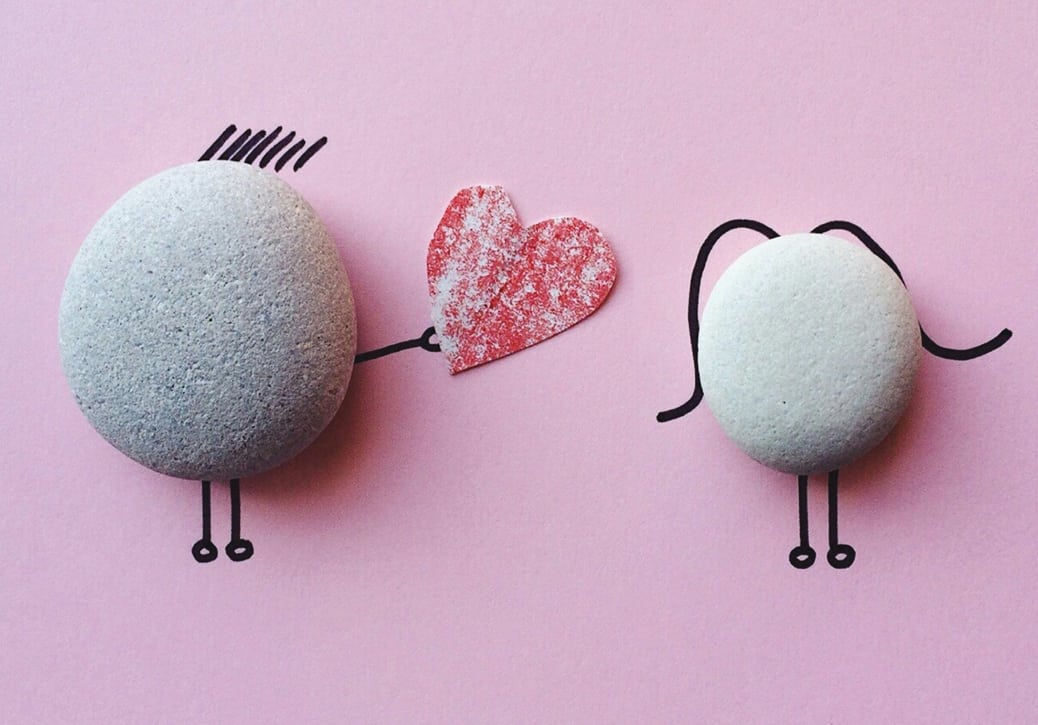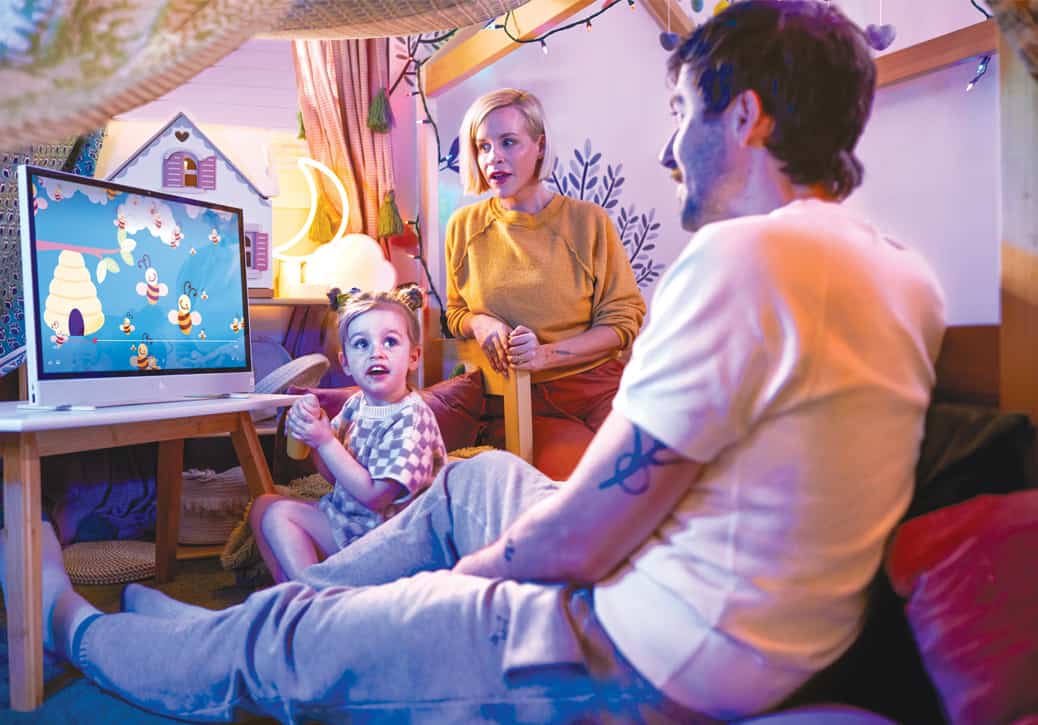Why does being in love scramble the brain?
As the famous saying goes, love is blind and while it is well known that the love hormone oxytocin is responsible for the euphoria we feel, U of South Australia and University of Canberra scientists have been digging deeper to shed light on a part of the brain is responsible for putting our lover on a pedestal in that first flush of romance. They used a series of questions in a survey called, “Romantic Love and Behavioural Activation System Sensitivity to a Loved One.”
Finding the link between the human brain’s behaviour activation system (BAS) and romantic love involved analysing the emotional responses of 1500+ young adults who identified as being in love. Results demonstrated that the brain actually reacts differently when the object of our affection becomes the centre of our lives.
Thought to have first emerged some five million years ago after we split from our great ape ancestors. Romantic love is said to be linked to obvious changes in behaviour as well as emotions. Scientists claim these changes are caused by the levels of oxytocin circulate throughout our nervous system and bloodstream when we interact with loved ones. When combined with dopamine, a chemical that our brain also releases during romantic love, actually activates the pathways in the brain associated with positive feelings.
The next stage of their research will investigate the differences between men and women in their approach to love using a worldwide survey identifying four different types of romantic lovers.
Source: University of South Australia














